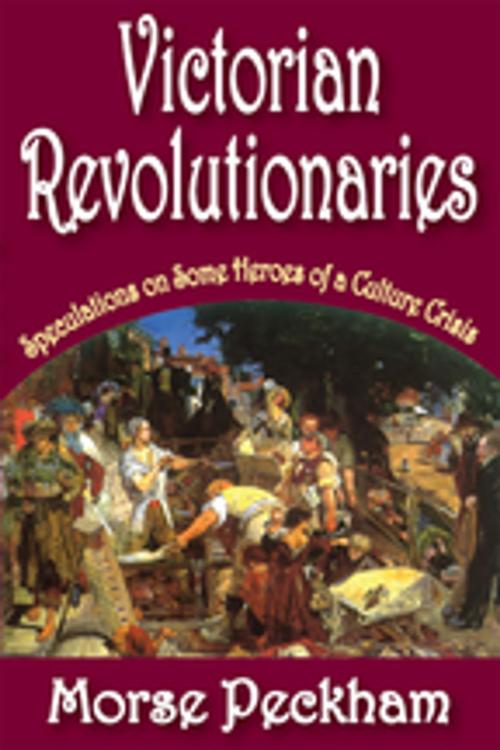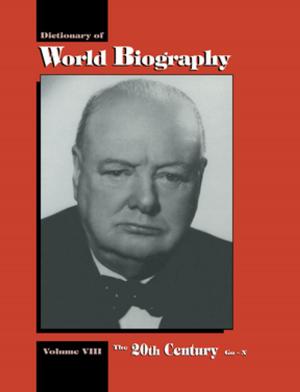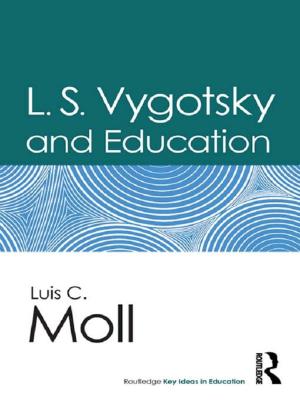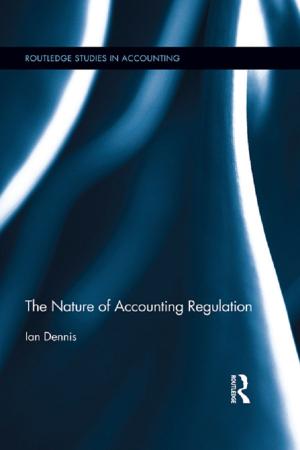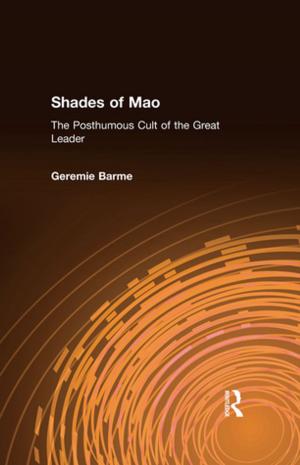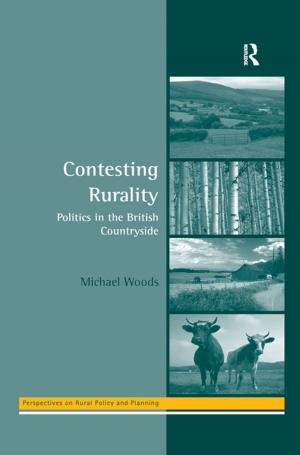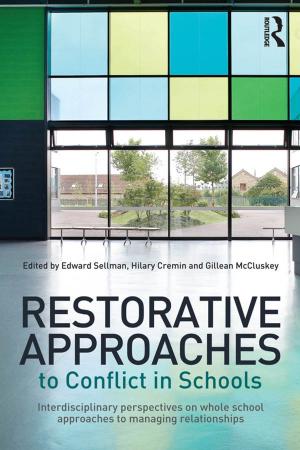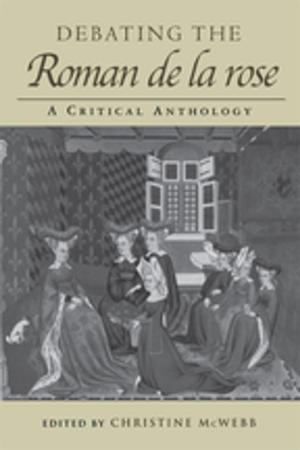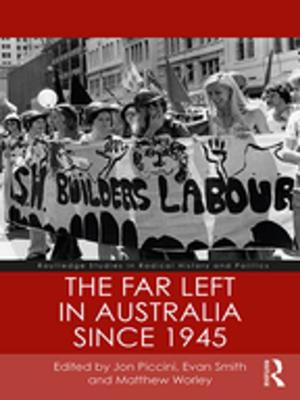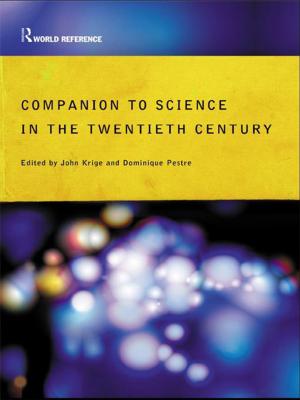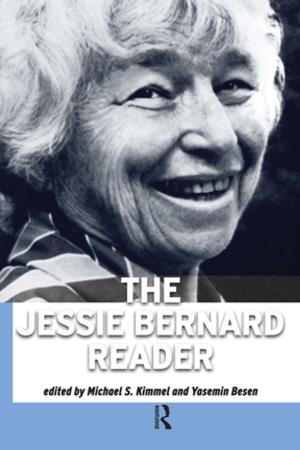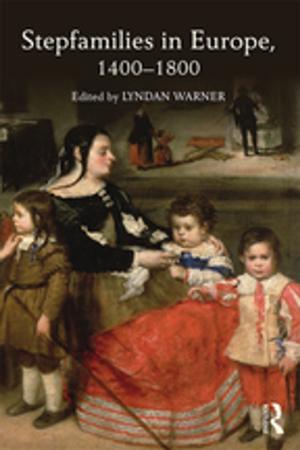Victorian Revolutionaries
Speculations on Some Heroes of a Culture Crisis
Nonfiction, Reference & Language, Reference, History| Author: | Arthur Asa Berger | ISBN: | 9781351299985 |
| Publisher: | Taylor and Francis | Publication: | September 8, 2017 |
| Imprint: | Routledge | Language: | English |
| Author: | Arthur Asa Berger |
| ISBN: | 9781351299985 |
| Publisher: | Taylor and Francis |
| Publication: | September 8, 2017 |
| Imprint: | Routledge |
| Language: | English |
The Victorian era is rightly associated with the industrial revolution in Britain and the ascendancy of a materialist, commercially-oriented middle class. The threat to spiritual values was felt strongly in the realm of religion but also in the secular realm of the arts and literature. This volume analyzes the drive toward cultural transcendence in the lives and works of such eminent Victorians as Tennyson, Carlyle, Browning, the aesthetics of the Pre-Raphaelites, and the romantic origins of anthropology. The various modes of escape from the Victorian era helps illuminate present concerns about culture and society.
First published in 1970, Victorian Revolutionaries represents a major effort in the intellectual rehabilitation of Victorian art and thought. Peckham's readings of In Memoriam and Idylls of the King show Tennyson at odds with Christianity except with the notion of the immortality of the soul. The terror of meaninglessness that he discerns here is echoed in the chapter on Carlyle who views human life as issuing from mystery and proceeding in chaos, protected only by self-deception. For Browning, the perceived lack of meaning or purpose results in an existential poetics of the world as theater and the individual as actor. Peckham's chapter on the Pre-Raphaelites anticipates their later rehabilitation by arguing that their work properly understood constitutes a challenge to the institutional modernism of the late twentieth century just as they had, in turn, challenged the academic values of the Royal Academy.
The West is once more living in a culturally critical period today. Any help we can get in understanding how to deal with it is bound to be of value. Not the particular strategies of these men, but the general pattern of their search in social and anthropological theory is probably the most useful thing they have to offer.
The Victorian era is rightly associated with the industrial revolution in Britain and the ascendancy of a materialist, commercially-oriented middle class. The threat to spiritual values was felt strongly in the realm of religion but also in the secular realm of the arts and literature. This volume analyzes the drive toward cultural transcendence in the lives and works of such eminent Victorians as Tennyson, Carlyle, Browning, the aesthetics of the Pre-Raphaelites, and the romantic origins of anthropology. The various modes of escape from the Victorian era helps illuminate present concerns about culture and society.
First published in 1970, Victorian Revolutionaries represents a major effort in the intellectual rehabilitation of Victorian art and thought. Peckham's readings of In Memoriam and Idylls of the King show Tennyson at odds with Christianity except with the notion of the immortality of the soul. The terror of meaninglessness that he discerns here is echoed in the chapter on Carlyle who views human life as issuing from mystery and proceeding in chaos, protected only by self-deception. For Browning, the perceived lack of meaning or purpose results in an existential poetics of the world as theater and the individual as actor. Peckham's chapter on the Pre-Raphaelites anticipates their later rehabilitation by arguing that their work properly understood constitutes a challenge to the institutional modernism of the late twentieth century just as they had, in turn, challenged the academic values of the Royal Academy.
The West is once more living in a culturally critical period today. Any help we can get in understanding how to deal with it is bound to be of value. Not the particular strategies of these men, but the general pattern of their search in social and anthropological theory is probably the most useful thing they have to offer.
